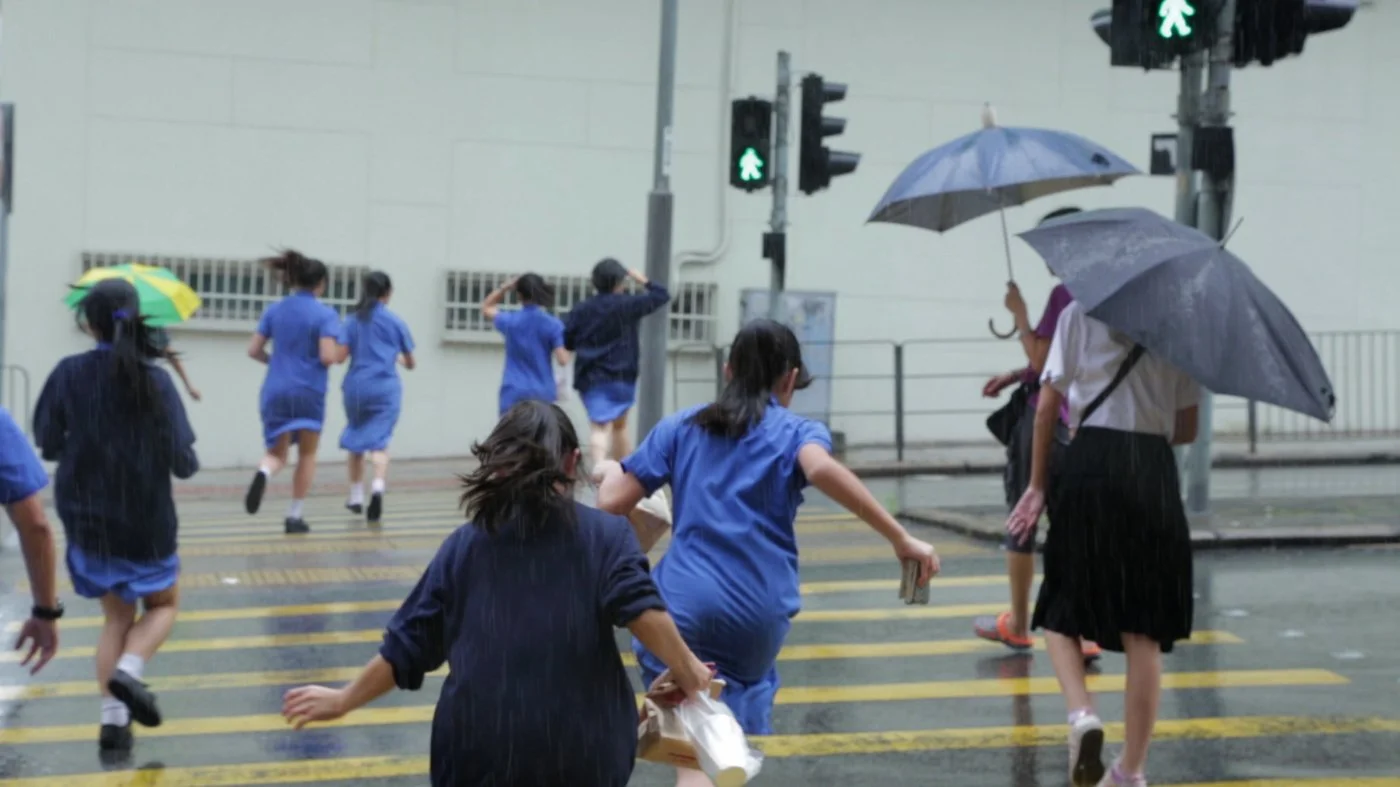What Students and Parents Need to Know About Consent in Filmmaking
Photo: Still from To My Nineteen-year-old Self
It’s not often that parental consent in filmmaking makes the news, but a controversial and now cancelled Hong Kong documentary brought it to many people’s attention this week. Here’s what students and parents need to know about this issue.
The recent controversy surrounds a documentary film called To My Nineteen-year-old Self, which was directed by renowned Hong Kong filmmaker Mabel Cheung Yuen-ting, and follows six students at the Ying Wa Girls’ school over a period of 10 years.
Throughout the filming of the project, which was part of a fundraising effort for the school, all the girls featured were underage, which means their parents had to sign a consent form to allow the filming to happen, as well as screen the completed project in public.
However, at the project’s completion, a few of the students featured claim they were not made aware of the terms of their consent, and objected to their private lives during their teenage years being put on the big screen.
The documentary has since been pulled from cinemas and withdrawn from awards consideration, so this issue remains to be resolved. What we can take away now, however, is the importance of communicating the terms of consent to students and their parents about any work in which they will be featured.
Child Talent Release Forms are standard for students of all ages in Babel Film Workshop’s programs.
This applies to the film education context as well. In Babel Film Workshop’s classes, many students under age 18 appear on camera. This does not necessarily mean they wish to appear on the big screen as well, or have their work posted publicly on the internet.
Students at Babel Film Workshop know the choice is up to them and their parents from the very first class they join, when they receive our Child Talent Release Form, which is a simplified version of what Hollywood child actors receive, and explains the different levels of consent their parents can give for their participation in class film projects.
This professional practice is key to ensuring a safe learning environment for students interested in making movies, and should be standard for all projects that students participate in—even those made by other student filmmakers, who may themselves be underage.
For any high school students who wish to show their films to a wider audience, we encourage them to follow the professional practice of obtaining official consent from the parents or guardians of any actors they feature who are under age 18. This is a standard that we teach ages 14-18 in our Filmmaker Development Program as they create their original short film projects each term.
With the complications faced by the production team behind To My Nineteen-year-old Self, and the negative impact on its then-underage students, we can all learn an important lesson about consent in filmmaking when it involves young students.
If you are a student filmmaker who would like to know how to obtain consent from actors for your project, you can email us for more information.



